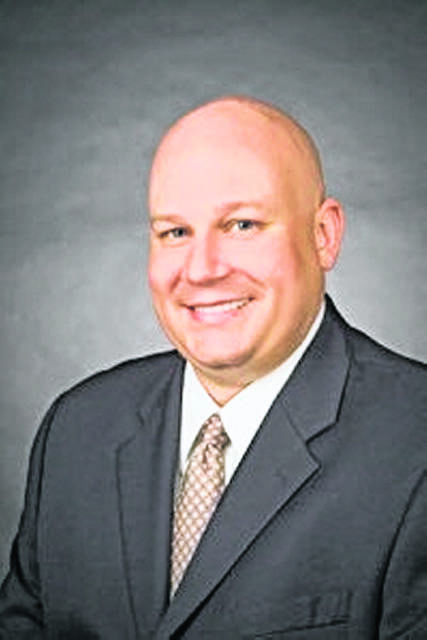Clients often ask attorneys in the context of estate planning, “What do other people do?” Providing examples can sometimes stifle creativity, but estate planning attorneys must both empower clients to make their own decisions and help clients plan something that clients do not work with every day.
This column introduces some of the big picture thought structures and general distribution plans used to plan estates that include family businesses. LLCs, trusts, wills, deeds, and other agreements are used to accomplish estate plans, but this column does not get into those specific tools.
If continuation of a family business after the death of one or both parents is a goal, the estate plan must explicitly accommodate the business’s financial survival and sometimes requires financially unequal inheritances. And typically, the goal is for kids who are in the business to end up receiving the business.
For family farms in particular, the value of the business real estate usually dwarfs the value of the rest of the business’s assets. In these circumstances, parents may leave all business assets other than real estate to the family members who are in the business.
Then, the business real estate is distributed among non-business-involved family members (and sometimes including family members in the business). Usually, the business is permitted to rent the business real estate for at least several years. I also often make the business real estate subject to reciprocal buy options so that if any owner wants to sell the owner’s real estate, that owner must first offer the chance to buy the real estate to the other siblings/real estate owners.
If a family business’s real estate is small compared to the business’s other assets or if the business has no real estate, families will often use resources other than the business to pay non-business-involved family members. Parents’ personal home, savings, investments, retirement accounts and life insurance proceeds all help to fund this, with the business going to those involved in the business.
If a business without real estate is essentially all that parents have to pass on, I usually have the family members involved in the business receive the business but make payments over several years to the non-business-involved family members. This helps to keep the business financially viable.
The biggest secret used to create peaceful estate plans that include family businesses is making sure that the family members who receive what is typically the “monetarily high value” business assets cannot “cash out” shortly after inheriting the business. Restricting the ability to sell the business or requiring equaling out of business sale proceeds among people who did and did not inherit the business (if the business is sold within a certain time period after inheritance), converts the business assets from money into an opportunity.
When other family members know that the family members in the business cannot convert the family business into a lottery jackpot, non-business-involved family members become more understanding of unequal “in money terms” distributions by parents who pass on family businesses.
Lee R. Schroeder is an Ohio licensed attorney at Schroeder Law LLC in Putnam County. He limits his practice to business, real estate, estate planning and agriculture issues in northwest Ohio. He can be reached at [email protected] or at 419-659-2058. This article is not intended to serve as legal advice, and specific advice should be sought from the licensed attorney of your choice based upon the specific facts and circumstances that you face.







